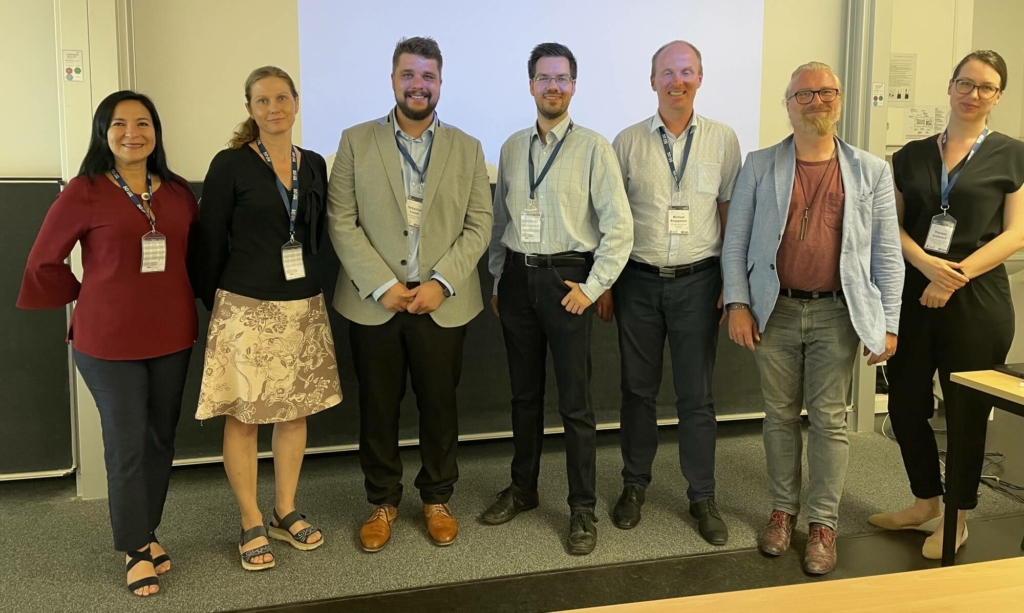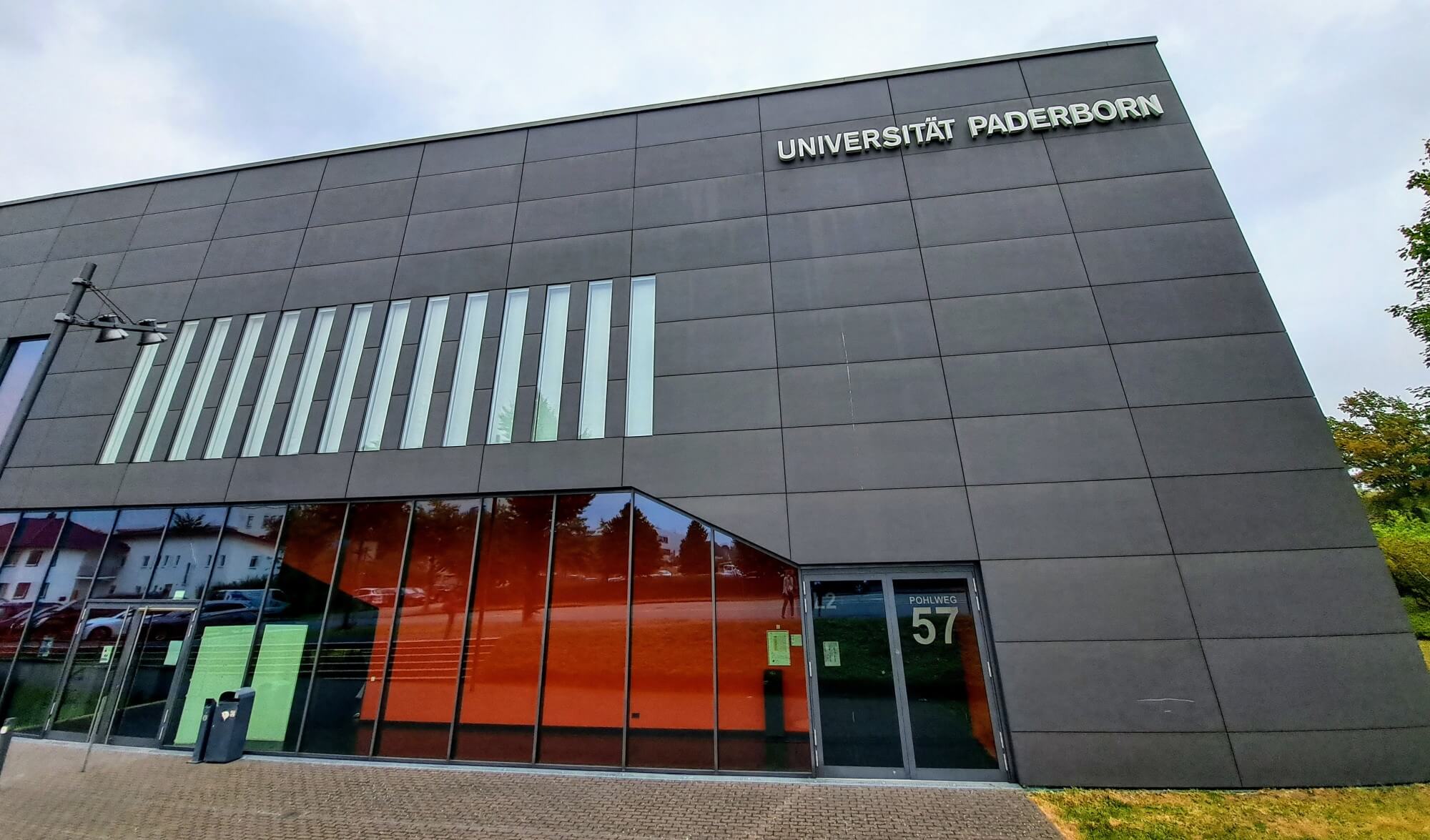The world has opened up after the koruna, even if the pandemic is not yet over. I had the opportunity to attend and give a presentation at the annual Workplace Learning Conference, this time in Paderborn, Germany, in August. As SmoothTeam's simulations are based on research, it is good to be up to date with what the workplace researchers are talking about in Finland and Europe.
The Learning and Professional Development conference(EARLI sig 14) brought together 182 lifelong learning professionals from 16 countries. The keynote speech was given by Professor Hans Gruber. He said that the idea that work is work, training and conferences are learning is still alive and well in the world of work. Of course, it is not that simple.
Learning is complex and difficult to measure
In addition to research, it is also a good idea for workplaces to pause from time to time to ask an important question: what is learning? It is not only about tangible things like mastering new systems, but also about developing work, innovation and growing one's professional identity. It can be seen, for example, as internalising the values and norms of the profession, working in collaboration with others.
Gruber also highlighted the difficulty of measurement. Because development in working life is complex and often invisible, it is also difficult to measure. Learning and professional growth easily occur outside the reach of traditional tools such as surveys, observation and self-reflection.
The importance of emotions at work
Fortunately, hands have not been raised in the face of the challenges of measurement, and research is ongoing in Finland and elsewhere in Europe. The conference provided a good overview of what is happening in the latest research in our country and around the world. Both enablers and constraints to learning are of interest.
The topic of work and emotions is relatively recent, and there is also current research in Finland. Emotional involvement is the awareness, understanding and consideration of one's own feelings as well as those of others, and influencing feelings in an organisation's working life. Technology offers new opportunities for physical measurements in real-life situations at work. For example, measuring heart rate variability or skin conductivity can provide information on the autonomic nervous system's workload in different work situations. Basic psychological needs (autonomy, competence and cohesion), leadership styles and knowledge sharing were also of interest, to name a few research topics.
If you want to keep your employees, support their professional growth
My presentation was about a project we conducted at the University of Tampere, where we studied the relationship between learning opportunities and career success (objective and subjective) in the workplace and job satisfaction and willingness to change jobs in professional work. To summarise, learning and well-being are intertwined in many ways at work. The workplace can support employees' professional growth and experience of career success, which in turn leads to greater job satisfaction and less willingness to change jobs. In particular, work-life balance, positive feedback and recognition as an expert, as well as having enough time to learn new things alongside work, are important for job satisfaction.
Learning together
We have all heard time and time again how working life is in a state of constant, rapid change. It was the introduction of teleworking, forced by the koruna, that made a large number of experts experience this change in the flesh. How can we take care of our own and our colleagues' continuous development?
The complexities of research designs can be simple acts of everyday life. Research is increasingly highlighting the fact that learning is often social. We learn by doing, wondering and problem-solving together, and learning and development cannot be separated from the rest of the work. So it is important to meet colleagues, remotely and face-to-face. Talking, sharing ideas and knowledge. At least once in a while it would be good to go to the workplace, now that it's possible again. Work is not just for us, we are also for work and we can play our part by meeting colleagues and sharing our knowledge.



